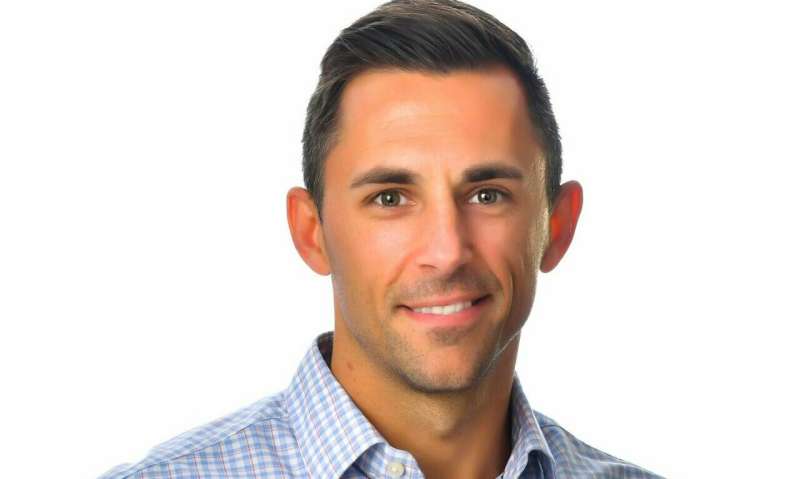Good grief: Victimized employees don't get a break

As if being picked on wasn't bad enough, victims of workplace mistreatment may also be seen as bullies themselves, even if they've never engaged in such behavior.
Adding insult to injury, victims may even be seen by supervisors as worse employees, despite exemplary performance. Bullies, on the other hand, may be given a pass if they are liked by their supervisor.
A study about this bias toward victim blaming was recently published in the Journal of Applied Psychology. The peer-reviewed article was co-authored by Shannon Taylor, an associate professor of management in the University of Central Florida's College of Business.
"The results are eye-opening," Taylor says. "I think they are useful because, given all of these accounts in the media of bad behavior happening, people are often left wondering how can we blame victims, and why do we let these perpetrators off the hook, why do they go unpunished?"
Taylor attributes the flawed decision making to cognitive biases, such as the halo effect, in which positive attributes mask negative traits, or the horns effect, in which one negative attribute casts a person in a completely negative light.
He recommends that supervisors receive bias training.
"The first step is really awareness of these biases," Taylor says. "We hope this study will at least bring awareness to people's potential for bias."
The researchers performed their work over the course of four studies. The first two studies showed through surveys of employees and supervisors that supervisors tend to view victims of bullying as being bullies themselves.
Studies three and four were experiments where participants evaluated employees based on descriptions of their work performance, as well as how they treated others and how they were treated.
They found that even when evaluators were clearly informed that a victim did not mistreat others, victims were still seen as bullies. In the fourth study, they found that not only are victims seen as bullies despite evidence to the contrary, but also that they receive lower job performance evaluations as a result of being victimized.
The researchers found support in all four studies that bullies were less likely to be seen as deviant when their supervisor considered them to be good performers.
"What I think is really interesting about this is, when you hear stories of high-profile people engaging in bad behavior at work, a lot of these people have gone unpunished for long periods of time," Taylor says. "And we have examples of victims of this bad behavior being called out and attacked on social media and by the media. Our studies show this is actually pretty common. We're all susceptible to these biases."
An example—the victim blaming that occurred during Christine Blasey Ford's testimony during and after Brett Kavanaugh's Supreme Court confirmation hearing, Taylor says.
More information: Donald H. Kluemper et al, How leaders perceive employee deviance: Blaming victims while excusing favorites., Journal of Applied Psychology (2019). DOI: 10.1037/apl0000387


















